The first thing I thought watching There Will Be Blood, is that it is one of the rare films that, in my opinion, stands on par with the work of Stanley Kubrick, technically and thematically.
A profound exploration of humanity’s darker traits, reminiscent of Nietzsche’s work, as it feels akin to gazing into the Abyss and one’s inner dark nature.
This film may be the best example of the lessons we can learn from a life driven by capitalism and materialism.
Introduction
Directed by Paul Thomas Anderson, There Will Be Blood is a dark and intense exploration of ambition, greed, and the human condition. Set against the backdrop of early 20th-century California, the film chronicles the rise of Daniel Plainview (Daniel Day-Lewis), an ambitious and ruthless oilman, as he builds his fortune at any cost.
The film is loosely based on Upton Sinclair’s 1927 novel Oil!, but it goes beyond the story of oil drilling to delve deep into themes of power, morality, and personal isolation.
Themes and Motifs
1. Greed and Corruption
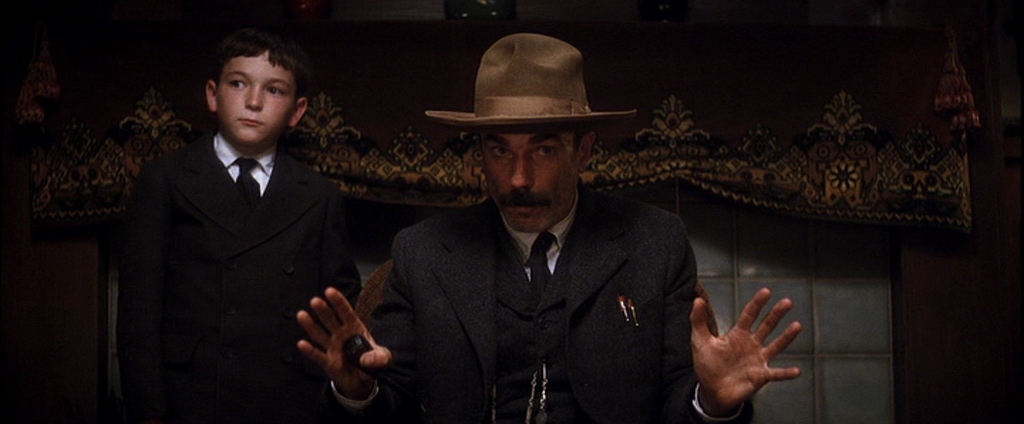
At its core, There Will Be Blood is a meditation on the corrupting force of greed. Daniel Plainview’s single-minded pursuit of wealth drives him to betray his own principles and manipulate those around him.
His desire for power and control over land and resources leads him to exploit and destroy people, even those closest to him. The film suggests that unchecked ambition, while potentially leading to financial success, can strip away humanity and moral integrity.
2. The American Dream
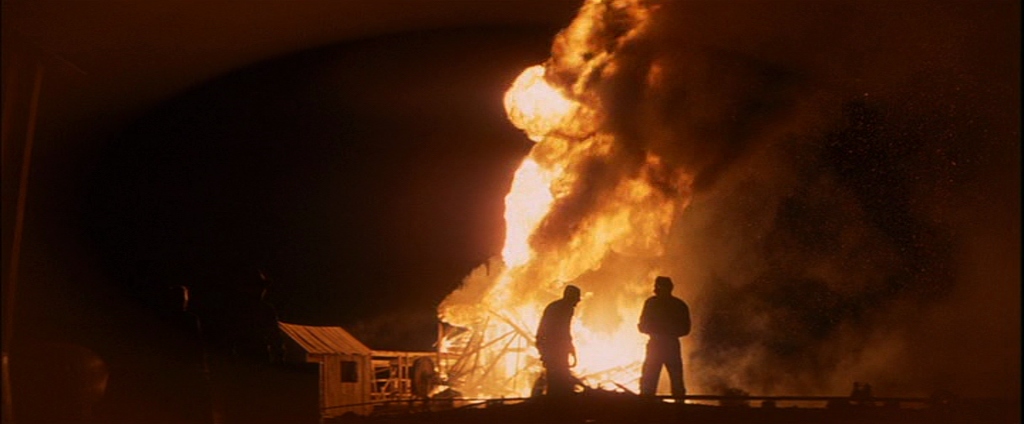
The film critiques the idea of the American Dream by showing how the pursuit of success can come at the cost of human decency. Plainview starts with nothing and uses his intellect and ruthless drive to create an empire.
However, his success is built on lies, manipulation, and violence, illustrating the moral compromises that can accompany the pursuit of the American Dream. The film highlights the tension between the promise of individual success and the moral decay that often accompanies it.
3. Isolation and Alienation
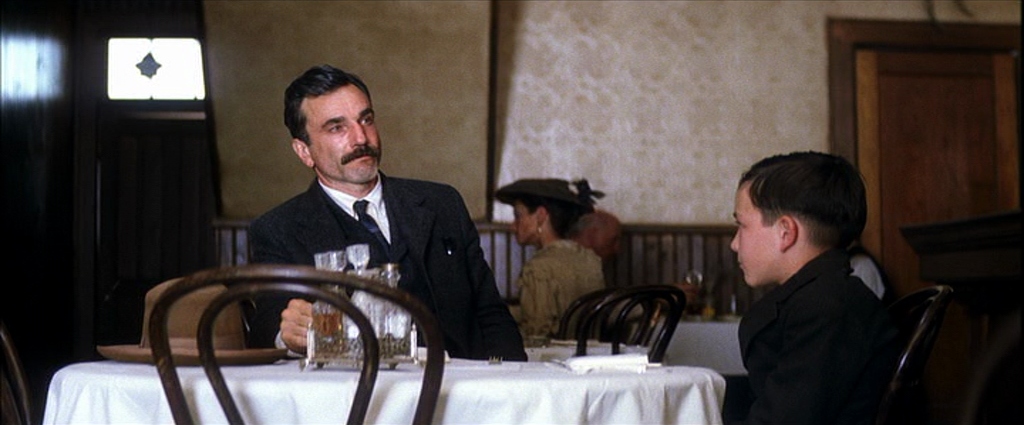
Despite his material wealth, Daniel Plainview is a profoundly isolated character. His relationships are superficial, and his inability to connect emotionally with others makes him a tragic figure. His relationship with his adopted son, H.W. (Dillon Freasier), serves as one of the few emotional arcs in the film.
However, even this bond is strained and ultimately broken due to Daniel’s obsession with power. Plainview’s alienation is symbolic of the personal toll that his pursuit of wealth takes on his soul.
4. Father-Son Dynamics

One of the central emotional conflicts in There Will Be Blood is the father-son relationship between Daniel and H.W. While H.W. represents innocence and a possible connection to a more human, compassionate world, Daniel is driven by a cold and calculating nature.
The dynamic between them evolves throughout the film, with H.W. initially serving as a tool for Daniel’s business strategy, only to later distance himself when he becomes aware of his adoptive father’s dark nature. The final rupture between them encapsulates the theme of alienation and the destructive power of ambition.
5. Religion and Hypocrisy

The film also contrasts the raw, materialistic ambitions of Plainview with the religious fervor embodied by Eli Sunday (Paul Dano), a preacher who represents the hypocrisy of organized religion. Eli’s religious aspirations are shown to be manipulative and self-serving, as he demands that Plainview donate money to his church in exchange for drilling rights on his land.
The film presents religion as a tool for personal gain rather than a force for genuine spiritual growth. This creates a stark moral dichotomy between Plainview’s brutal pragmatism and Eli’s empty religiosity, both of which serve to criticize the ways in which power structures exploit human vulnerability.
6. Violence as a Means of Control
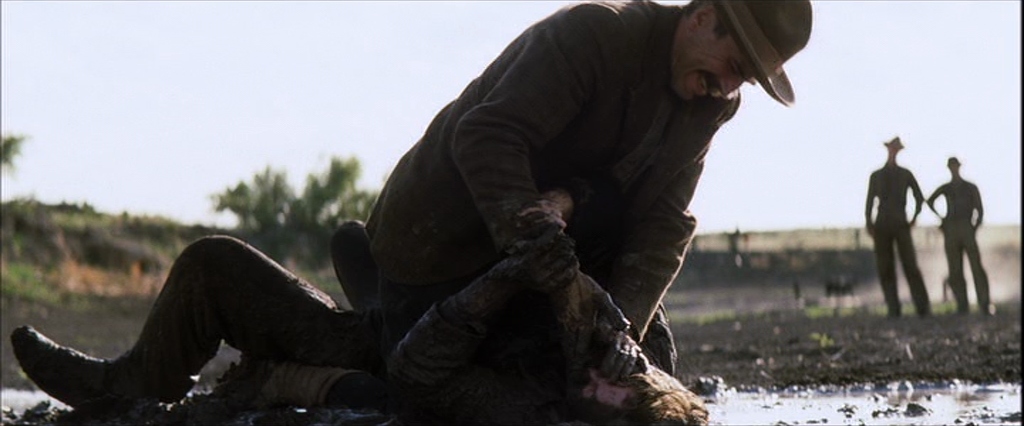
The film employs violence not just as a physical act but as a metaphor for the lengths to which individuals will go to maintain control and achieve their goals. Daniel’s violence is calculated, as he sees it as a necessary part of his mission.
Whether through the murder of his competitors or the harsh treatment of his son, violence becomes his primary tool for preserving his empire. This starkly illustrates the darker side of human nature, where moral considerations are easily swept aside in the pursuit of personal gain.
Cinematic Style and Direction

There Will Be Blood is also a masterclass in cinematic technique. Paul Thomas Anderson’s direction, combined with Robert Elswit’s striking cinematography, creates an immersive experience that enhances the themes of the film.
The barren, desolate landscapes of California’s oil fields mirror the emptiness and isolation of the characters, especially Plainview. Anderson’s use of long, unbroken takes and wide shots emphasizes the vastness of the land, which serves both as a symbol of opportunity and the immense cost of human ambition.
Jonny Greenwood’s haunting and unconventional score further complements the film’s oppressive atmosphere. The music is dissonant and jarring at times, mirroring the internal chaos of Daniel Plainview. The score is integral to the film’s tension, enhancing the feelings of dread and inevitability that permeate the story.
Performance

Daniel Day-Lewis’s performance as Daniel Plainview is widely regarded as one of the best of his career. His portrayal of a man consumed by ambition and paranoia is both captivating and terrifying. Day-Lewis’s ability to convey a range of emotions, from cold detachment to raw fury, elevates the film. His presence dominates every scene, making him both a tragic figure and a villainous force of nature.
Paul Dano’s portrayal of Eli Sunday provides a compelling counterpoint to Day-Lewis’s character. Dano plays the preacher with a mix of righteous fervor and manipulative cunning, creating an intriguing moral contrast with Plainview.
The Psychology of Daniel Plainview
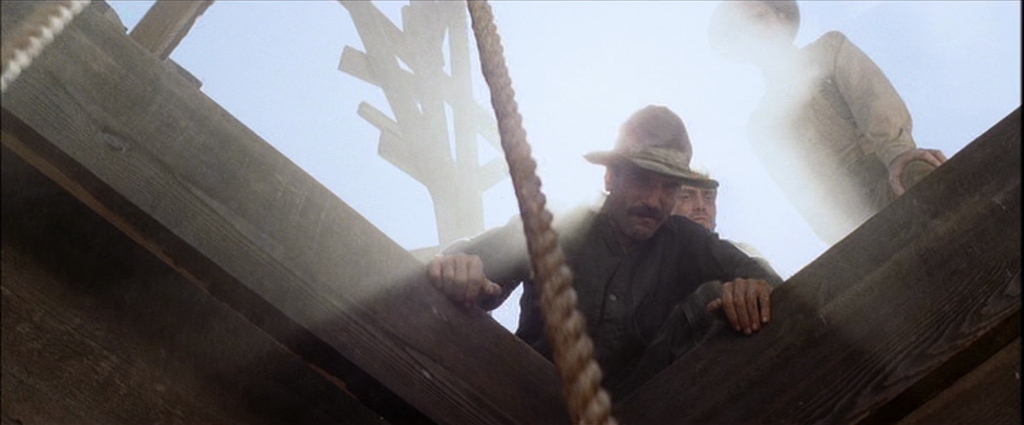
Daniel Plainview, the central figure of There Will Be Blood, is a fascinating character study of ambition, greed, and the corrosive effects of power. His psychological profile is as complex as it is troubling, offering a deep exploration of human darkness and the toll of unchecked ambition.
Ambition as an Obsession
At the core of Daniel’s psychology is an insatiable drive for success. This ambition is not merely about wealth but about domination and the annihilation of competition.
Daniel’s statement, “I have a competition in me,” is not a boast but a confession of his relentless desire to rise above others, driven by an internal compulsion to prove his superiority. His success is intertwined with his identity, making any threat to it deeply personal.
Isolation and Misanthropy
Daniel’s relationships are transactional at best, and his misanthropy becomes increasingly apparent as the film progresses. Despite his early attempts to present himself as a family man or community builder, these facades are tools to manipulate others into furthering his ambitions.
His inability to form genuine connections, even with his adopted son, H.W., stems from his deep distrust of people. He views others not as equals or collaborators but as obstacles or resources to be used. This profound isolation is self-imposed, reflecting a fear of vulnerability and dependence.
The Corruption of Morality
Plainview begins his journey as a hard-working prospector, but as his wealth and influence grow, his moral compass disintegrates. His willingness to deceive, exploit, and destroy those around him highlights his view that morality is a hindrance in the pursuit of power.
The scene where he symbolically rejects religion, mocking Eli Sunday and asserting his dominance, underscores his rejection of any system that could constrain his ambitions. His morality is self-defined, rooted in pragmatism and control rather than ethical considerations.
The Role of Trauma and Vulnerability
While Plainview is often perceived as a ruthless figure, moments of vulnerability reveal a deeper psychological complexity. His initial bond with H.W. suggests a desire for connection and legacy, but the boy’s eventual deafness becomes a turning point, severing their bond.
This event underscores Daniel’s inability to cope with emotional challenges, pushing him further into isolation. His violent outbursts and erratic behavior in the later stages of the film suggest a man haunted by his own choices and consumed by the emptiness of his success.
Rage and Dominance
Daniel’s rage, often simmering beneath the surface, erupts in moments of perceived betrayal or disrespect. His famous line, “I drink your milkshake,” epitomizes his desire to assert dominance in the most visceral way possible.
For Daniel, every interaction is a contest to be won, every opponent to be humiliated. His hatred for Eli Sunday, for instance, is not just about their ideological differences but about the challenge Eli represents to his control and ego.
The Abyss of Nihilism
By the film’s end, Daniel is a hollow shell of a man, consumed by his success yet bereft of joy or fulfillment. His declaration, “I’m finished,” is both literal and symbolic. It reflects his descent into nihilism—a life built on ambition and dominance has left him utterly alone, emotionally bankrupt, and spiritually void. The mansion he inhabits, vast and opulent, feels more like a prison than a home, a monument to the emptiness of his pursuits.
Daniel Plainview’s psychology is a portrait of ambition unchecked by morality, a man who achieves everything yet loses his humanity in the process. His journey is both a cautionary tale and a mirror held up to the darker impulses of the human spirit. Through Plainview, There Will Be Blood interrogates the price of success, the nature of power, and the emotional desolation that accompanies a life devoid of genuine connection and purpose.
A deeper analysis on the nature of competitiveness
I drink your milkshake
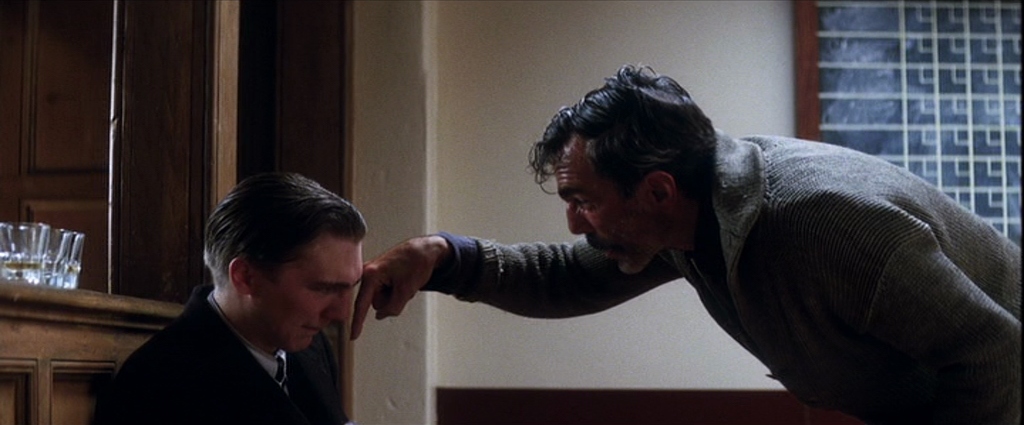
The competitive nature of men is a central theme in There Will Be Blood, encapsulated by the infamous line, “I drink your milkshake.” This phrase, spoken by Daniel Plainview, symbolizes the ruthless and aggressive tactics he employs to dominate his competitors and claim what he believes is rightfully his.
It reflects a Darwinian worldview where survival and success are achieved through exploitation, manipulation, and the unrelenting pursuit of personal gain. The metaphor of drinking someone else’s milkshake reveals the way in which Plainview siphons off others’ resources, using clever, calculated strategies to outsmart and overpower those around him.
It underscores the darker aspects of human ambition, where the competitive drive becomes an all-consuming force, stripping away morality and empathy in favor of dominance and control.
The necessity of competitiveness
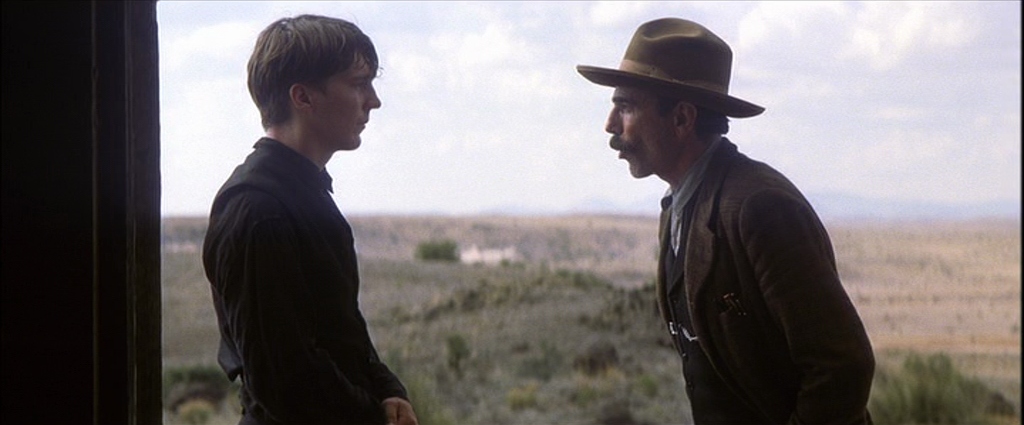
Competitiveness, while not inherently negative, can be both necessary and harmful depending on its context and how it is channeled. On one hand, it can drive individuals to achieve their best, fostering innovation, personal growth, and societal advancement. In certain areas, like business, sports, or creative endeavors, healthy competition encourages excellence, pushing people to challenge themselves and strive for improvement. In these cases, competitiveness can be a force for progress and success, motivating individuals to reach their goals and contribute to broader societal achievements.
However, when competitiveness becomes excessive or unchecked, it can lead to negative outcomes. It may foster a mindset where winning is prioritized at all costs, leading to unethical behavior, exploitation, and the suppression of others.
This type of competitiveness can erode relationships, diminish empathy, and create an environment where collaboration and mutual support are overshadowed by self-interest and rivalry. In extreme cases, it can lead to the dehumanization of others, as seen in films like There Will Be Blood, where the protagonist’s competitive drive leads him to destroy everything in his path in pursuit of power.
Ultimately, competitiveness is not inherently good or bad; it is the manner in which it is expressed and the values guiding it that determine whether it becomes a constructive or destructive force.
Morality in capitalism
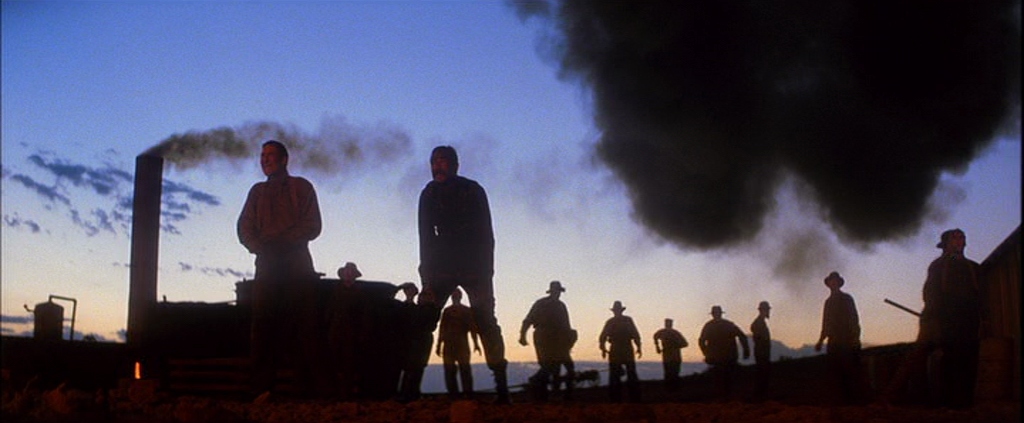
In a capitalist system, where competition and the relentless pursuit of profit are often prioritized above all else, sacrificing morality can be seen as a means to gain an edge. When individuals or corporations disregard ethical considerations, they may be more willing to engage in ruthless tactics, such as exploitation, deceit, or manipulation, to achieve success.
These actions can provide short-term financial gains or strategic advantages that others, bound by moral constraints, might avoid. In the cutthroat world of capitalism, where the ultimate goal is to maximize profit and outperform competitors, playing by a different set of rules—one that doesn’t prioritize ethics—can give an individual or business a significant advantage.
However, while this may provide success in the short run, it often comes at the cost of long-term sustainability, trust, and the well-being of others, leaving a moral void that can ultimately lead to self-destruction or societal backlash.
Exploiting Perceptions of Value in Capitalism
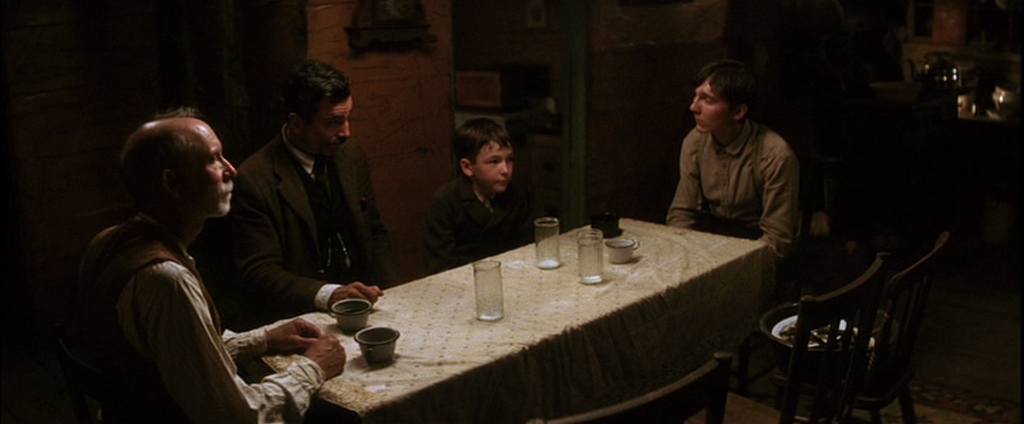
In capitalism, the perception of value is often manipulated by businesses to maximize profits, frequently through tactics such as marking up products far beyond their production costs or exploiting vulnerable populations.
This dynamic can be seen in luxury goods, where a brand’s prestige allows it to charge a premium price, far exceeding the cost of production. Consumers are led to believe that the high price reflects superior quality or status, even when the product may be no different than a more affordable alternative.
On the flip side, some businesses exploit impoverished individuals by offering them low-wage labor or substandard goods, which are then resold at a much higher price, capitalizing on their desperation or lack of resources.
This creates a distorted sense of value, where the true worth of goods and services becomes tied not to their intrinsic qualities but to their potential for profit extraction, often leaving the most vulnerable in society to bear the brunt of such exploitation.
The cost of sacrificing morality in capitalism
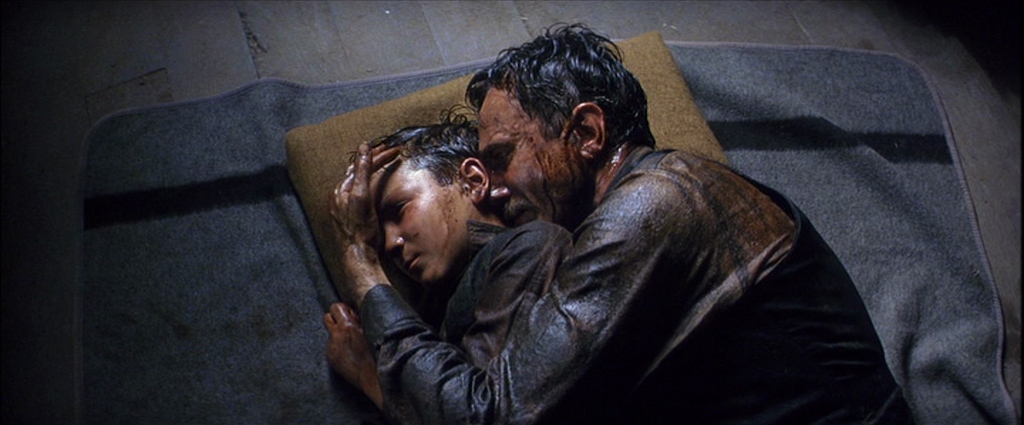
Sacrificing morality in pursuit of success within capitalism often comes at a personal cost, eroding one’s sense of integrity and self-worth. When individuals compromise their ethical values for profit or power, they may experience inner conflict, guilt, or a growing disconnect from their own principles.
Over time, the pursuit of success through unethical means can lead to a loss of trust in others and a sense of isolation, as relationships based on honesty and respect are replaced by transactional, self-serving interactions.
This erosion of personal values can also result in a diminished sense of fulfillment, as achievements gained through questionable means feel hollow and unsatisfying. Ultimately, the cost of abandoning morality can lead to a deep, internal dissonance, where success feels unearned and personal happiness remains elusive, leaving individuals questioning the true value of their achievements.
The qualities of Daniel Plainview

Perhaps the most unsettling aspect of this movie is how we find ourselves empathizing with and even rooting for Daniel Plainview.
As Tarantino pointed out in an interview, the sheer determination Plainview shows—crawling through rough terrain to reach the city and get to the hospital after breaking his leg—could easily be the plot of a film on its own and—is nothing short of extraordinary. It’s fair to say that he built his wealth not solely through exploitation but also through sheer determination, skill, strategy and relentless efforts.
Contrasted with Eli’s despicable, cowardly, and hypocritical nature, it becomes challenging not to root for the charismatic yet profoundly dark Daniel to prevail.
While not forgivable, it is certainly understandable that he would seek retribution when faced with someone attempting to deceive him by pretending to be his brother. The one person he thought he could trust, his last hope for humanity, ultimately turned out to be a disappointment.
As for H.W., given how hard he fought to reach his position, he was likely unwilling to lose it or be held back by compassion, which he probably saw as a weakness.
Clearly, Daniel Plainview’s ending shows that his choices were not in his best interest, as he ended up alone and essentially broken. However, his actions remain understandable within the context of his relentless pursuit of financial success at any cost.
Perhaps the qualities required to be a great warlord or a ruthless business owner differ from those needed for, say, raising a family or being a good citizen. Perhaps if Daniel had been less abrasive, more refined, and behaved with the manners of a gentleman, most people in the audience would have been more inclined to let him off the hook.
Conclusion
There Will Be Blood is a powerful exploration of the destructive effects of ambition, greed, and the pursuit of power. Through the character of Daniel Plainview, the film critiques the myth of the American Dream, exposing the moral compromises that come with the drive for success.
The film’s stunning visuals, haunting score, and strong performances make it not only a remarkable cinematic achievement but also a thought-provoking meditation on the darker aspects of human nature. At its heart, There Will Be Blood is a tragedy—a tale of a man who gains everything he desires yet loses his soul in the process.


GIPHY App Key not set. Please check settings